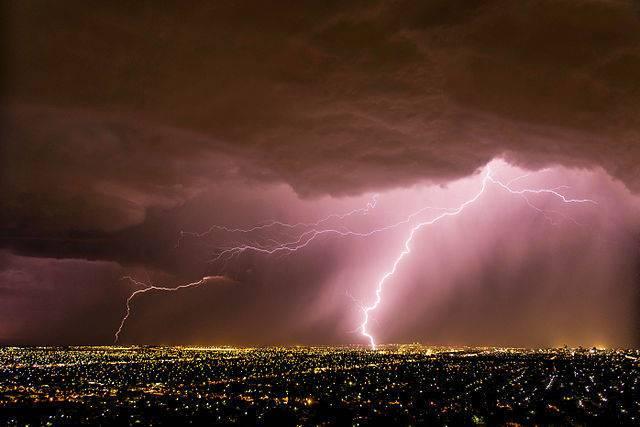
Last week on social media, Tesla Motors CEO Elon Musk made an offer that most of us would not refuse: the launch of a product to fix some problems, and if it cannot be done in 100 days, then it's free.
In this case, the promise was made via on Twitter. Early Friday, Musk responded to a founder of the software company Atlassian, Mike Cannon-Brookes, who said he would hustle to line up finances and political buy-in if Tesla could supply the battery storage he believes is necessary to solve the state of South Australia’s electricity grid woes.
Musk responded in kind:
https://twitter.com/elonmusk/status/840032197637685249
And the banter continued, as Musk suggested a cost of $250 per 100 megawatt-hour storage systems, or about US$25 million in total. Cannon-Brookes replied that he would need about a week to sort out the details.
South Australia has struggled through an extremely hot summer during which much of the state, including its capital, Adelaide, suffered through “heatwave hell.” Extreme weather, including tens of thousands of lightening strikes, further contributed to mayhem across the state’s electricity grid. The result was weeks of rolling blackouts that frustrated its population of 1.7 million citizens, with no apparent end in sight.
Many politicians within Australia’s federal government have largely blamed clean-energy technologies, including surging rooftop solar, for the problems. Proponents of renewables scoffed at such suggestions and replied that extreme weather is the culprit. State governments also insisted that only statewide clean-energy targets can help Australia meet its COP21 commitments. The country is one of very few on Earth that anticipates coal consumption to remain steady, if not increase slightly, over the next 20 years.
Musk’s bold offer came literally hours after an event in Melbourne officially launched Tesla’s latest battery storage system, the Powerwall 2, for the Australian market. Tesla’s Australian partner, Natural Solar, which will sell and install the Powerwall in Australia, told one local daily that 1,000 units have already been pre-sold, with installations starting in a few weeks.
So was Musk’s bet a public relations ploy to highlight his company’s energy storage system during a time of crisis for many Australians? Or are we really close to an eagerly anticipated energy future, in which battery storage will finally allow renewable sources of energy such as solar and wind power to scale?
Skeptics noted that in the past Musk has been to make bold announcements, only to fall short. For example, Tesla’s Model X SUV was slated to make its debut in mid-2014, but manufacturing struggles pushed that date back by over a year. The Model S and Model 3 have been sidetracked by their fair share of delays as well. But if Tesla can actually score the green light from government officials and follow through on this promise, expect more local and national governments, as well as large corporations, to take notice.
Meanwhile, South Australia’s government is considering all options to curtail the blackouts. Options under consideration include boosting natural gas capacity as well as evaluating other battery storage options. To that end, Cannon-Brookes told Reuters on Friday that his phone has not stopped ringing as he develops a plan to make this Tesla offer a reality.
Image credit: Jon Westra/Wiki Commons

Leon Kaye has written for 3p since 2010 and become executive editor in 2018. His previous work includes writing for the Guardian as well as other online and print publications. In addition, he's worked in sales executive roles within technology and financial research companies, as well as for a public relations firm, for which he consulted with one of the globe’s leading sustainability initiatives. Currently living in Central California, he’s traveled to 70-plus countries and has lived and worked in South Korea, the United Arab Emirates and Uruguay.
Leon’s an alum of Fresno State, the University of Maryland, Baltimore County and the University of Southern California's Marshall Business School. He enjoys traveling abroad as well as exploring California’s Central Coast and the Sierra Nevadas.














